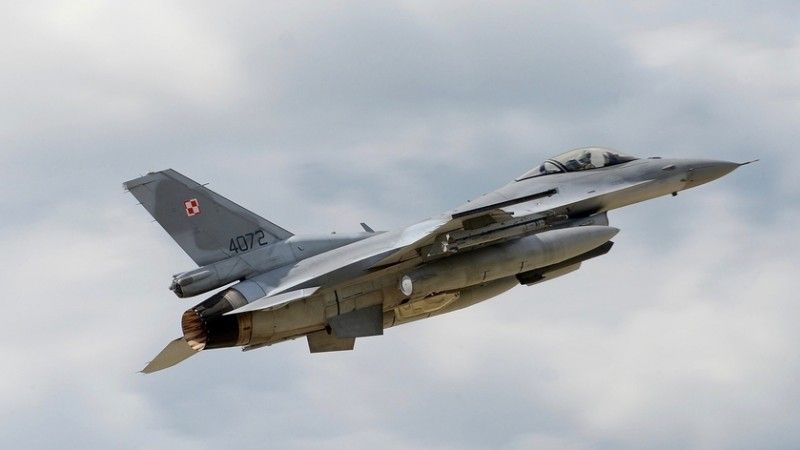Strona główna
Post-MSPO Thoughts [BLOG]

This year at the Exhibition seemed to be less people, less exhibitors… It is known that the exhibitors from the Seine Region have given up, and many other European ones too. But enough with complaints.
After all, we have a lot of successes, even that the others claim that we are just failing. There were also positives which surprised me nicely: 1) Conclusion of a long-term contract for the supply by the Lubawa Group of the Berberys Masking System for the Armed Forces - one would like to say at last 2) Purchase of radar AESA from PIT-RADWAR – maybe a good forecast for Narew. 3) Entrance of WZE to the „ supply chain’’ of the LMC and Raytheon. Moreover, there was a lot of nice proposals from WZM Poznan – a small modernization of the old BWP, which can now be used for other purposes as well, than those for which it was planned. Similar solutions are used by our strategic opponent and it must be admitted that it works well for him. You have to learn from your opponent, and WZM projects in the 'cost / effect' category are great. It would be good, if some of them were implemented.
There was a lot of discussion about the export of armaments, unfortunately, as usual, focused mainly on the state-owned sector. Some people said that we already have arms factories warming up from this production, we are introducing a third change everywhere, and queues of foreign buyers are waiting. The order portfolio is approaching to 1/5 of the US portfolio, while in Rosoboronexport they are trembling in front of our traders, because the vast majority of them occupy their niche in the market. Unfortunately this is not the case. The real leader in the export of state-owned armaments industry is Nitrochem, in which offset implementation was extremely successful, as well as ZM Tarnów, which was helped by the geopolitical situation. And that would be enough. Although recently there is a new swallow in the form of entering the supply chains - which may provide some companies with stable income for many years. You just have to keep very good production quality and adapt to the global concern's system. I personally see this as a rescue for the state-owned armament industry.
The US industry, especially LMC, is the big winner of our modernization. The purchase of F-35 is already certain. LMC promises the first deliveries of F-35 in 2024, and the operational readiness of aircraft in 2030, which in my opinion is unlikely even considering the experience of F-16.
There is information that our side will want to change the unfavorable provisions of the contract for the purchase of F-16 and get the opportunity to extend the service and repair of F-16, quietly hoping that we will become a regional service center for these aircraft. It can be only hoped that these predictions will finally come true. Unfortunately, the chances that we will have greater access to the "supply chain" of F-35 are very small. Those who have invested in the project earlier and more than we will be against it - which is understandable, and their voice will count. But maybe we'll get something - hopefully.
From the point of view of negotiations, it is more important that we bring the position of Polish and American companies to a leveling position, especially in the field of the service of equipment. The Ministry of National Defense usually requires from Polish suppliers a maximum of 30 days to repair the supplied equipment. Unfortunately, it is known that this does not apply to suppliers from behind big water. In practice, our native supplier pays a contractual penalty for the delay and the foreign one does not. From a legal point of view, this is an obvious inequality of the parties.
Consequences: cannibalization of owned equipment purchased from foreign suppliers. If, under the threat of contractual penalties (enforced), foreign suppliers were forced to repair defective equipment on time, let's say 45 days, everything would look different. Firstly, it would have a positive effect on our ability to defend ourselves, and secondly, it would give work to our people, because it would be necessary for companies to have their own service companies or to have contracts with Polish companies, state-owned or private. This way there would be more money in Poland. We should wish that the Ministry of National Defense negotiates the above issue with the LMC during the negotiations on the supply of F-35.